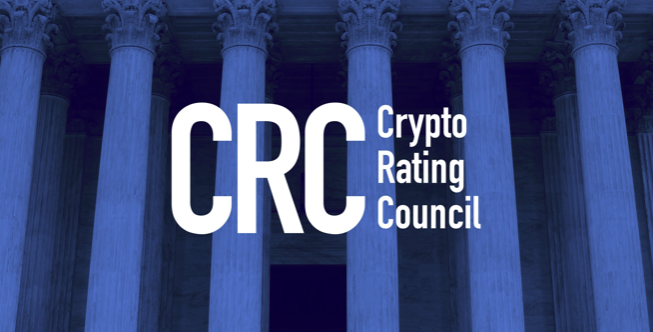 Is it any coincidence that almost the same day as the SEC’s press announcement about Block.one, a ‘posse’ of Crypto exchanges – Anchorage, Circle, Kraken, Bittrex, Greyscale, Genesis, DRW Cumberland and Coinbase launched an ICO rating service to help determine if an ICO is a security or not?
Is it any coincidence that almost the same day as the SEC’s press announcement about Block.one, a ‘posse’ of Crypto exchanges – Anchorage, Circle, Kraken, Bittrex, Greyscale, Genesis, DRW Cumberland and Coinbase launched an ICO rating service to help determine if an ICO is a security or not? They have set up a Crypto Rating Council (CRC) and intend to publish ratings on ICOs on a 1 to 5 scale - 1 signifying a ‘Utility token’ has few or no characteristics consistent with a traditional regulated security i.e. Bitcoin A rating of 5, the CRC suggests that the token has many characteristics potentially of a security.
Mary Beth Buchanan, Kraken’s general counsel, was quoted in the WSJ as saying, “It does show the SEC what each exchange is doing to come to a decision.” However, the Crypto Council’s Frequently Asked Questions recent release stated, “The framework is the Council’s attempt to provide a consistent analysis which the members find useful but it is not legal advice and does not reflect the opinion of any member or outside counsel of whether any given asset is a security.”
Interestingly, the CRC has determined that XRP from Ripple (which is trying to compete with SWIFT) and which has always argued that it is a utility token, has been given a rating of 4. So, will this encourage regulators, in particular, the SEC, to look again at Ripple, on the basis that it is indeed a security token, and which potentially may have raised capital and not meet SEC regulations? After all, Ripple has been served a class action alleging that it has sold hundreds of $ millions of tokens without complying with the SEC security regulations.
At least the CRC is attempting to offer guidance and, no doubt, others will look to amend and try and improve on offering different guidance. This has to be welcomed, as opposed to ignoring this issue and waiting for the SEC to knock on their door which is the tact some organisations have currently taken.



